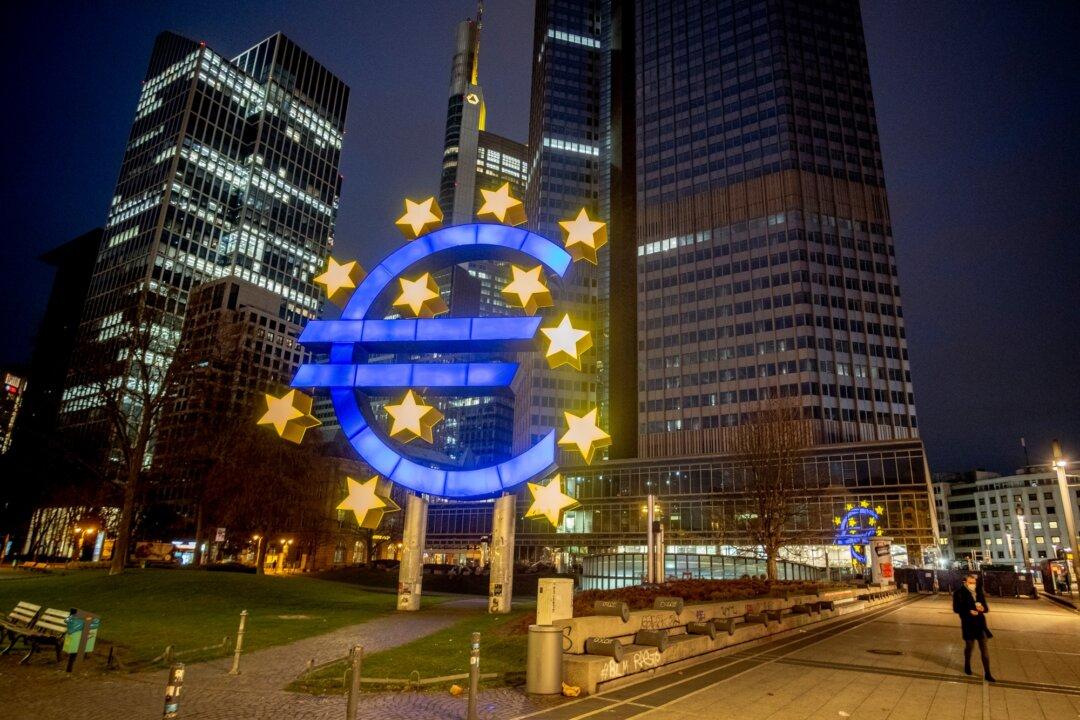Germany has slipped into recession, official data published on May 25 show.
Gross domestic product (GDP) for Europe’s largest economy fell by 0.3 percent in the first quarter when adjusted for price and calendar effects, following a 0.5 percent contraction at the end of 2022, data from Destatis, Germany’s federal statistical agency, show.




